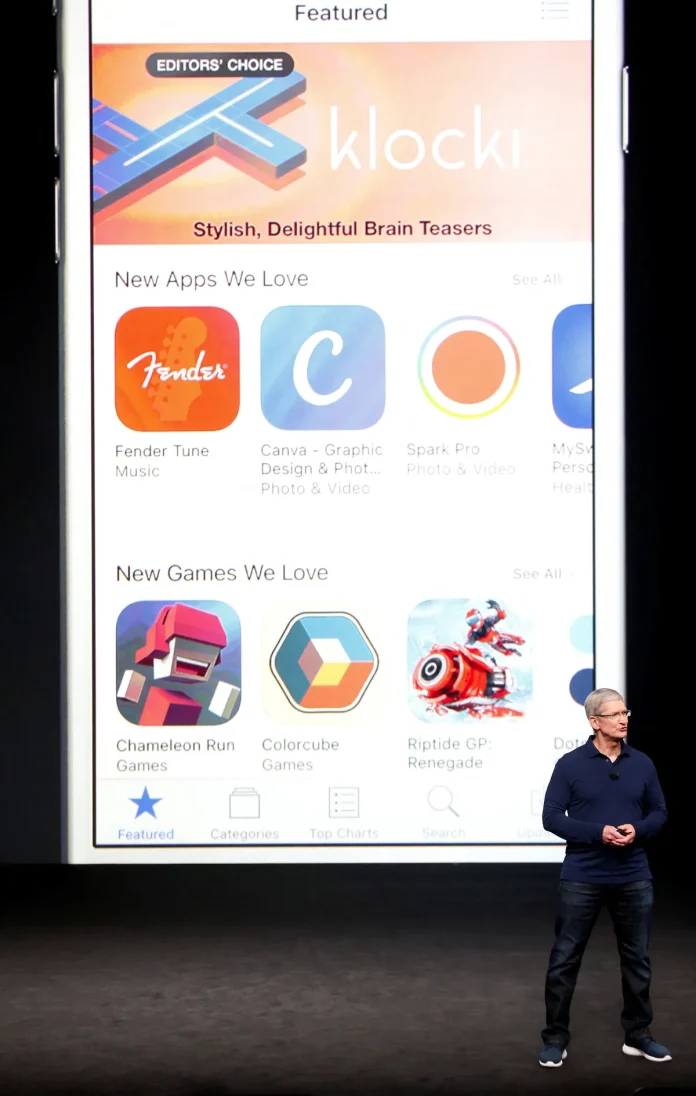A federal judge reversed a class action certification for Apple customers alleging App Store monopoly led to higher app prices.
OAKLAND: A federal judge has decertified a class action lawsuit brought by tens of millions of Apple customers who accused the company of monopolising the iPhone app market.
US District Judge Yvonne Gonzalez Rogers in Oakland, California reversed her own February 2024 class certification ruling on Monday.
The original certification had allowed Apple account holders who spent ten dollars or more on apps or in-app content over the last 17 years to sue as a single group.
Judge Rogers stated the plaintiffs failed to provide a reliable model demonstrating classwide injury and damages in one unified approach.
ALSO READ: Apple loses UK lawsuit over App Store dominance abuse claims
She noted the plaintiffs’ model could not properly match Apple accounts to individual consumers while excluding those who were not financially harmed.
The decision followed an expert hired by Apple identifying what the judge described as alarming errors within the plaintiffs’ proposed model.
One notable error incorrectly identified the named plaintiff Robert Pepper and a supposed claimant named Rob Pepper as different individuals despite them sharing home addresses and credit card details.
Another flaw involved grouping over forty thousand payment records for people whose only commonality was the first name Kim.
ALSO READ: EU queries Apple and Google over financial scam prevention measures
Mark Rifkin, a lawyer representing the plaintiffs, expressed disappointment with the judge’s decision in an email statement.
He confirmed the plaintiffs are reviewing their next legal steps to protect consumers harmed by Apple’s alleged unlawful App Store monopoly.
Apple stated it was pleased with the court’s decision to decertify the class action.
The company emphasised its significant investments to make the App Store a safe and trusted marketplace for users and a great business opportunity for developers.
Class actions generally enable plaintiffs to pursue larger financial recoveries at a lower cost compared to individual lawsuits.
The plaintiffs had alleged Apple’s monopoly allowed it to charge app developers excessive commissions, which were then passed on to consumers through higher prices for app downloads and in-app purchases.
Legal representatives for the plaintiffs had previously estimated total classwide damages could reach billions of dollars.
The lawsuit was initially filed in December 2011 and had covered users of iOS-powered devices dating back to July 2008.
The case is formally known as In re Apple iPhone Antitrust Litigation in the US District Court, Northern District of California. – Reuters








